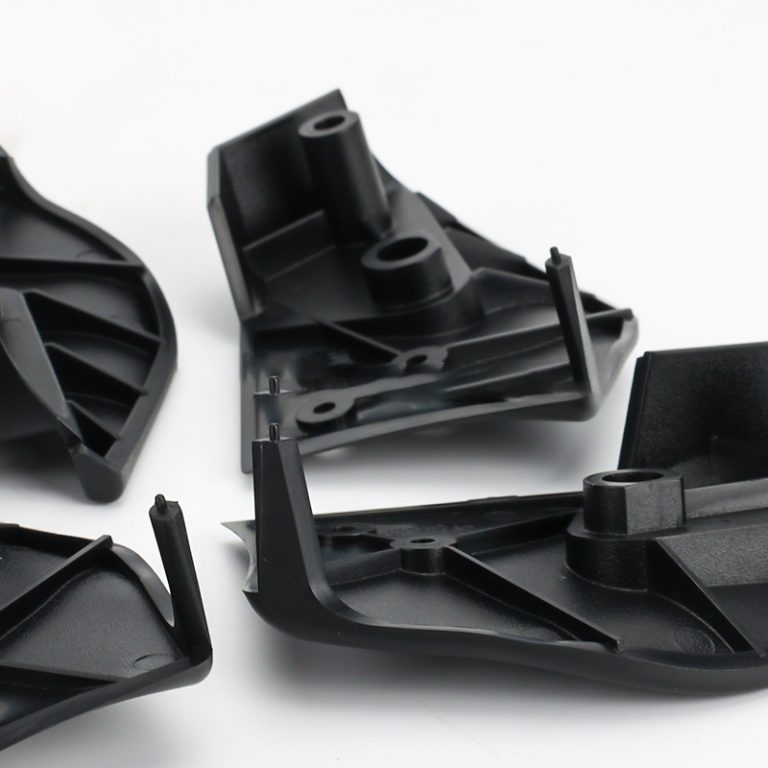The Importance of Plastic Raw Material in Injection Molding Processes

Plastic raw material plays a crucial role in the injection molding process. Injection molding is a manufacturing technique used to produce a wide range of plastic products, from small components to large and complex parts. The success of this process heavily relies on the quality and properties of the plastic raw material used.
One of the key factors to consider when selecting plastic raw material for injection molding is its melt flow index (MFI). MFI refers to the ease with which the plastic material can flow into the mold cavity during the injection molding process. Different products require different MFI values, depending on their size, shape, and complexity. For instance, products with thin walls or intricate designs require a plastic material with a high MFI to ensure proper filling of the mold cavity.
Another important property of plastic raw material is its viscosity. Viscosity determines the material’s resistance to flow. It is crucial to select a plastic material with the right viscosity to achieve optimal flow and fill the mold cavity completely. If the viscosity is too low, the material may flow too quickly, resulting in incomplete filling or even flash formation. On the other hand, if the viscosity is too high, the material may not flow properly, leading to voids or sink marks in the final product.
Furthermore, the thermal properties of the plastic raw material are also critical in injection molding. The material should have a suitable melting point and a wide processing temperature range to ensure easy melting, proper flow, and solidification. If the melting point is too low, the material may degrade or burn during the injection molding process. Conversely, if the melting point is too high, it may require excessive energy and time to melt the material, leading to longer cycle times and reduced productivity.

In addition to the physical properties, the chemical composition of the plastic raw material is equally important. The material should be chemically stable and resistant to degradation when exposed to heat, moisture, or other environmental factors. This is particularly crucial for products that will be used in demanding applications or exposed to harsh conditions. Choosing a chemically stable plastic material ensures the longevity and reliability of the final product.
Moreover, the mechanical properties of the plastic raw material should be considered. The material should possess the necessary strength, toughness, and flexibility to withstand the intended use and any potential stresses or impacts. It should also exhibit good dimensional stability to prevent warping or distortion during the cooling and solidification stages of the injection molding process.
| our services | size |
| one-stop services | customization |
In conclusion, the selection of plastic raw material is of utmost importance in injection molding processes. The melt flow index, viscosity, thermal properties, chemical composition, and mechanical properties all contribute to the success and quality of the final product. By carefully considering these factors and choosing the right plastic material, manufacturers can ensure efficient production, consistent product quality, and customer satisfaction.





